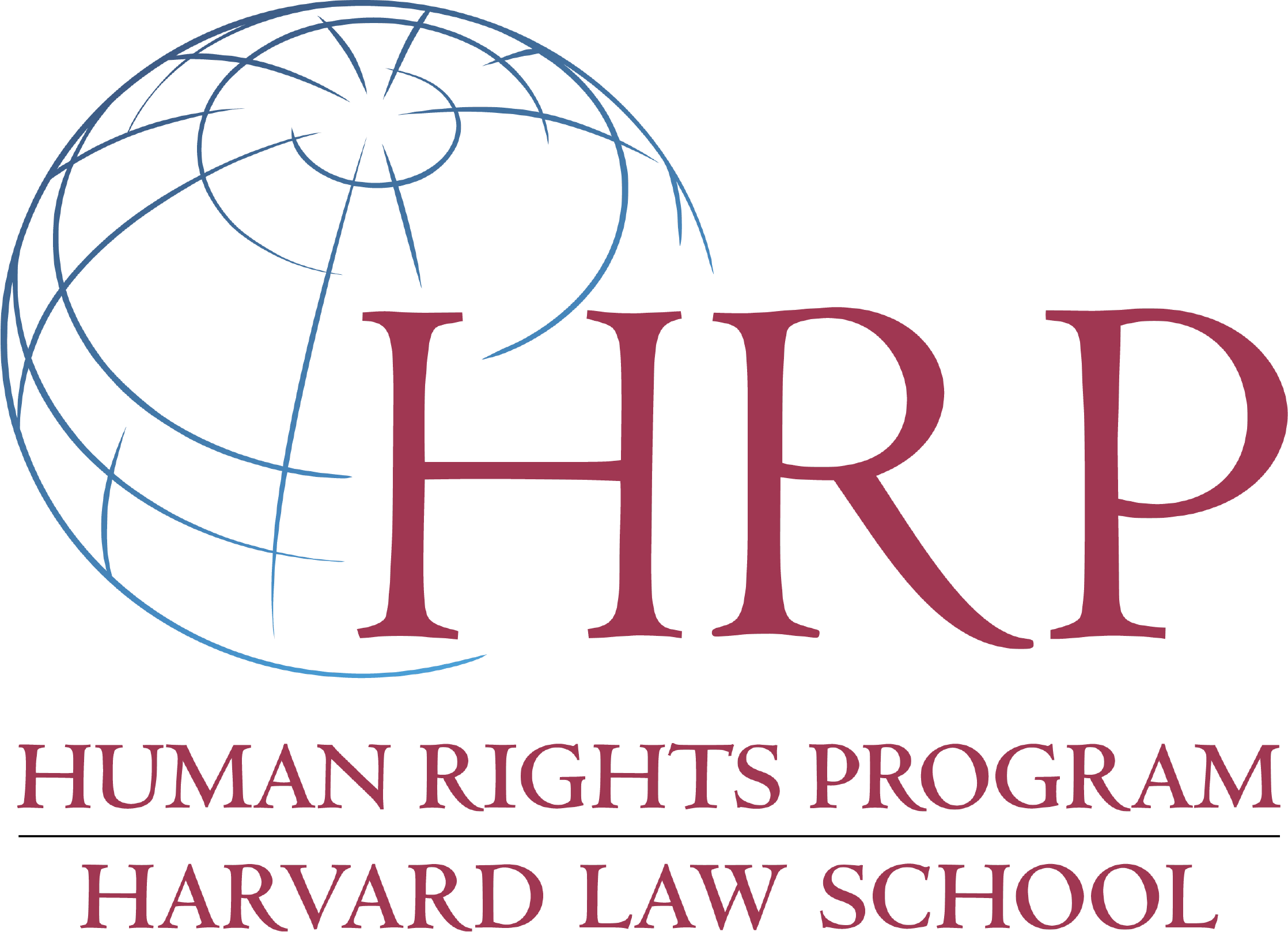Amicus brief challenges public health asylum limits
Gerald L. Neuman, Co-Director of the Human Rights Program, joined immigration and refugee scholars during June in an amicus brief challenging the Trump Administration’s restriction of asylum procedures during the COVID-19 crisis. The brief supports plaintiffs’ emergency motion for a temporary restraining order to halt the removal of a child fleeing targeted violence in his home country of Honduras.
The Trump administration’s order relies on a broad interpretation of the Public Health Service Act, which allows the CDC to limit the “introduction” of individuals and goods to the U.S. In reality, the CDC order is a thinly-veiled attempt to further curb immigration, only applying to noncitizens (including unaccompanied children) who arrive at the southern and northern borders without documentation. Health experts have decried the order, citing the numerous exemptions as demonstrating that its purpose is to target a disfavored category rather than to protect public health.
“The administration is abusing the CDC to create a shadow deportation system that circumvents all legal limitations on deportation,” said Neuman.
The ACLU, with the Center for Gender & Refugee Studies, and Oxfam, provide representation to the family challenging the Trump administration in the case, J.B.B.C. v. Wolf. The Executive Branch goes too far, the ACLU says, when it exploits a public health crisis to cut off opportunities for individuals to claim asylum.
The law professors’ amicus brief explicitly describes certain protections, such as asylum, the withholding of removal on the basis of persecution, and protection from torture, as fundamental principles of international law and international treaty obligations that should be upheld regardless of the public health crisis. The CDC order, the brief maintains, does not override these specific protections, nor does it supersede special protections afforded to unaccompanied children. Furthermore, decades of immigration law have taken into account communicable diseases and expedited removal with more sensitivity, restricting the Executive Branch from expediting removals without considering broadly-recognized principles such as non-refoulement and the protection of minors.
“The current legal structure provides the government with various public health tools to address communicable diseases without sacrificing the right of noncitizens to seek protection established by this Nation’s laws,” the scholars say. “Testing and quarantine of noncitizens, including those seeking our protection, can be implemented in a manner consistent with our treaty obligations; indeed, Congress has provided for that power.”
On June 24, 2020, U.S. District Judge Carl Nichols extended a temporary block on the deportation order for the minor in J.B.B.C v. Wolf. “The judge agreed with the teen’s central argument that the CDC had likely exceeded its authority in issuing the public health declaration preventing asylum-seekers and children at U.S. borders from entering the country,” reported the LAW360 blog.
Neuman, who is also J. Sinclair Armstrong Professor of International, Foreign, and Comparative Law, is an expert on immigration law who has often intervened as amicus on the rights of noncitizens. Deborah Anker, Founding Director of the Harvard Immigration and Refugee Clinic, is also a signatory to the brief. Anker is widely recognized for her pathbreaking advocacy on gender and asylum law. In addition to Anker and Neuman, signatories include T. Alexander Aleinikoff (The New School) and James C. Hathway (University of Michigan Law School). The brief was submitted by Noah A. Levine and Paul R. Q. Wolfson, attorneys at Wilmer Cutler Pickering Hale and Dorr LLP.
